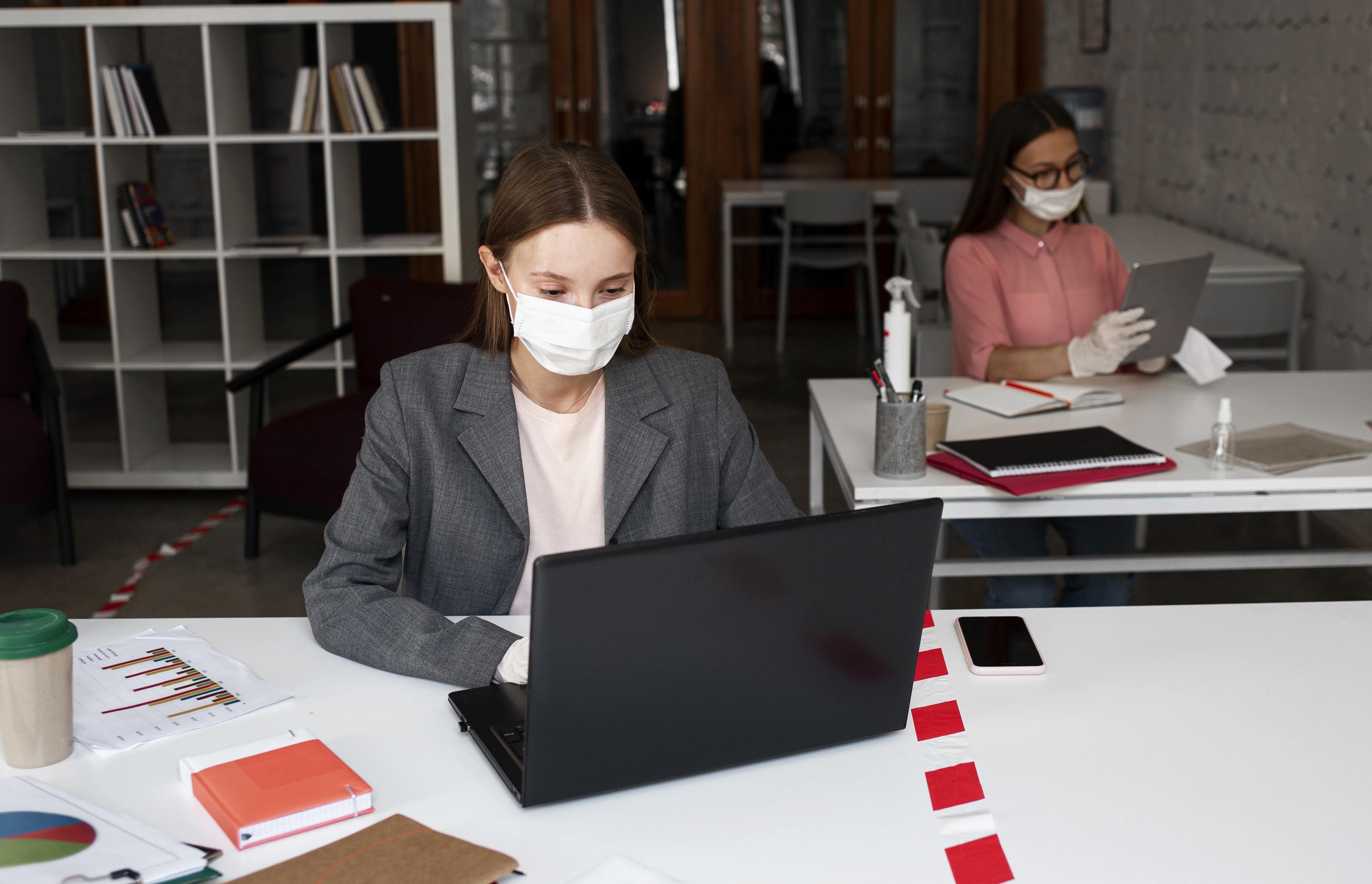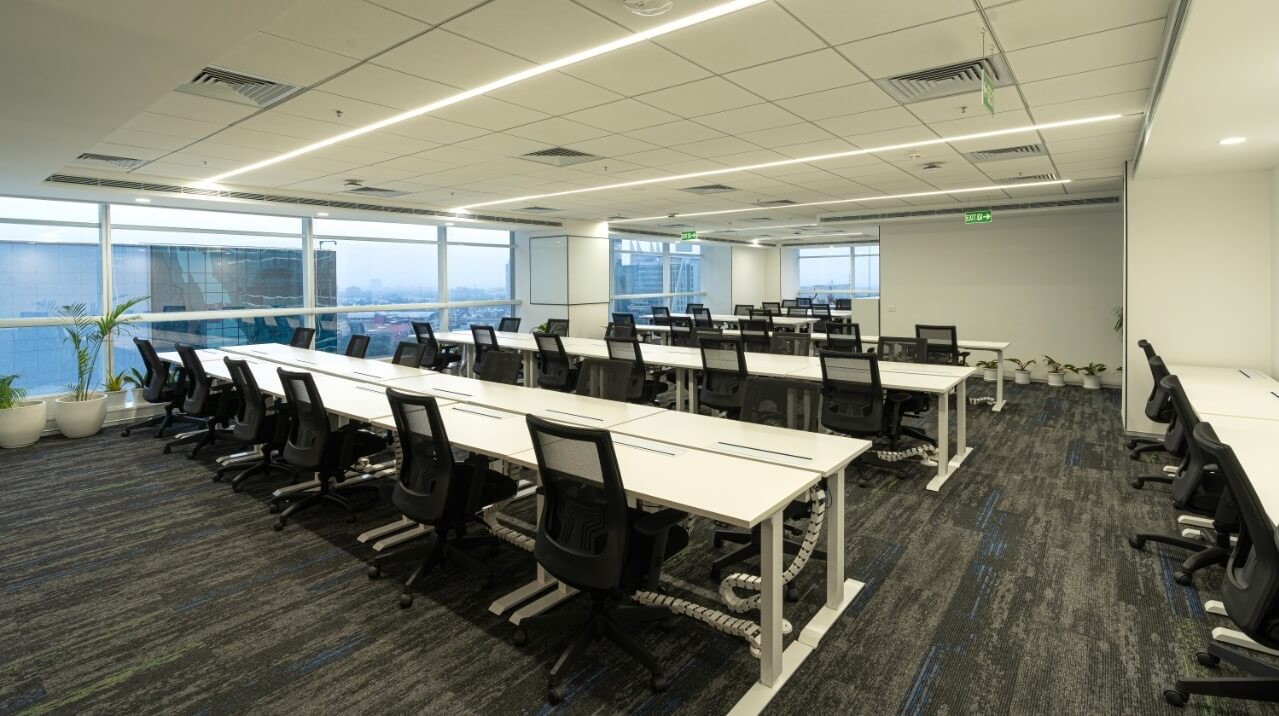The pandemic presented new and incredible challenges for millions of workers around the world. In just a matter of weeks, organisations had to navigate the shift to remote operations while maintaining employee well-being and regular conduct of operations.
As the conditions improve, organisations across the globe are planning how to effectively and efficiently transition hundreds and thousands of employees back into the office with a new set of guidelines to maintain the health of both employees and the company.
There is no one-size-fits-all solution. Every organisation will need an approach that meets their needs in accordance with the size and scale of their workplace and workforce. We have outlined some considerations to help organisations when it comes to resuming normal operations during these uncertain times.
Operational Planning is Key
Returning large numbers of workers will require employing a series of tactics which could include developing operational scaling plans for essential employees, adjusting shift schedules and rethinking workspace design to prioritize social distancing.
A variety of company leaders need to take part in planning and implementation of various thought-out strategies as decisions revolve around the safety of employees.
Keep Open Communication
Enabling an effective return will be highly dependent on how employees participate and engage by their leaders during this time of uncertainty. Ensuring regular transparent communication through multiple channels while making sure that employees’ concerns and inputs are heard.
Provide resources and training to deal with mental stress triggered due to the sudden shift to remote operations along with revising policies initiated for the well-being of employees.
Prioritize Screening and Cleaning Protocols
If you are requesting employees to return to work, their lives are in your hand. Reconfiguring workspace design won’t be enough to ensure safety of employees, it’s necessary to prioritize usage of screening and sanitisation technology. Mandatory screening protocols should be implemented for employees before entering the premises every day.
Designating isolation rooms would come handy in a situation where an employee is tested positive or is showing symptoms of infection at the time of screening.
As the economies around the globe are restoring to stability, employers are ensuring that employees are able to return back to offices safely. Organisations can use this moment to reinvent their role and create a better experience for employees, improve collaboration and productivity and reduce costs. We believe it’s critically important for organisations returning to work to have an efficient plan and tools needed in place with thorough deliberation for all aspects of employees’ well-being.





